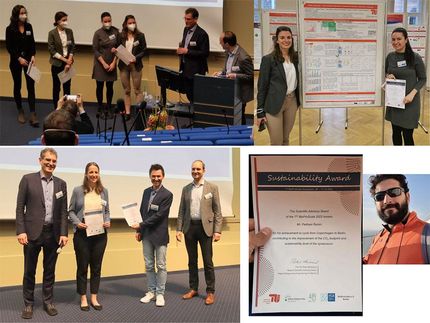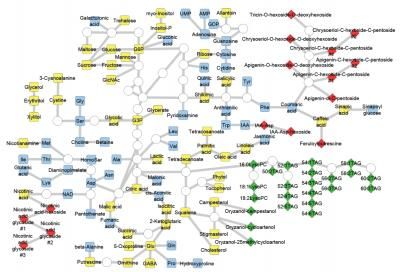Flanders and The Netherlands cooperate on biofuels from genetically modified poplars
Advertisement
Bio Base Europe is making progress in the development of sustainable biofuels. The recent first crop of genetically modified poplars of the Flemish Institute for biotechnology (VIB) will be modified into bioethanol in a Flemish-Dutch pilot installation. Bio Base Europe, a joint initiative of Biopark Terneuzen and Ghent Bio-Energy Valley, is a successful collaboration between The Netherlands and Flanders. Bio Base Europe is taking the lead in the development of a sustainable biobased economy in Europe.
Bio Base Europe consists of a pilot plant in Ghent for biobased products and processes on the one hand, and a training center for bio-process operators in Terneuzen on the other hand. Bio Base Europe represents a joint investment of 21 Million Euro and is unique in Europe. It was recently awarded with the European “Sail of Papenburg” cross border award.
In the pilot plant, scientists develop industrial processes to convert agricultural co-products such as wheat straw, corn cobs and wood into so-called second generation biofuels, bioplastics and other biobased products. For that, Bio Base Europe collaborates with the Flemish Institute for Biotechnology (VIB). Prof. Wout Boerjan has developed genetically modified poplars that produce less lignin, facilitating their conversion into bioethanol. On May 6th, 2009 these poplars were planted for the first time in an open air field trial in Ghent. The first crop of this field trial has now been harvested and will be converted into bioethanol at the Bio Base Europe Pilot Plant. This draws us yet another step closer to the realization of second generation biofuels.
Most read news
Organizations
Other news from the department science

Get the life science industry in your inbox
By submitting this form you agree that LUMITOS AG will send you the newsletter(s) selected above by email. Your data will not be passed on to third parties. Your data will be stored and processed in accordance with our data protection regulations. LUMITOS may contact you by email for the purpose of advertising or market and opinion surveys. You can revoke your consent at any time without giving reasons to LUMITOS AG, Ernst-Augustin-Str. 2, 12489 Berlin, Germany or by e-mail at revoke@lumitos.com with effect for the future. In addition, each email contains a link to unsubscribe from the corresponding newsletter.




















































